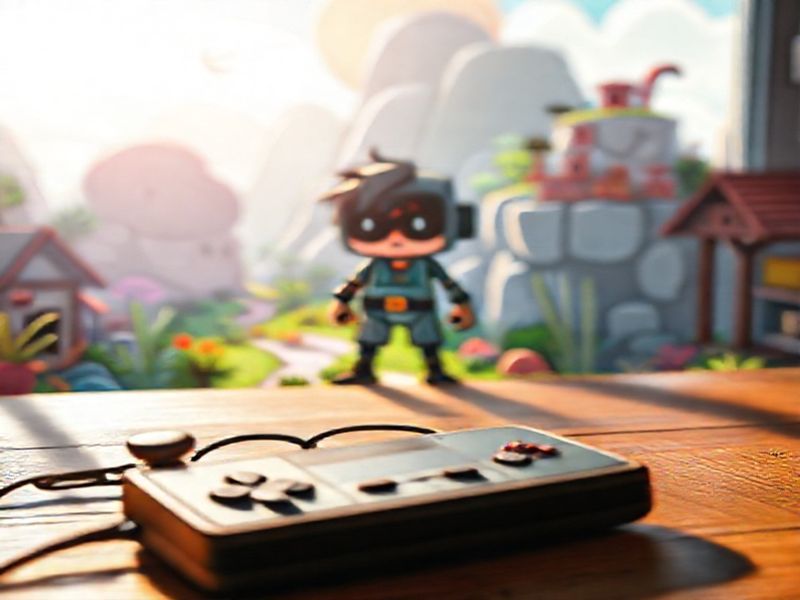Indie Games: The Pixelated Rebellion Redefining Gaming Culture
**Indie Games: The Pixelated Rebellion Taking Over the World**
In a world where AAA titles are as bloated as a Thanksgiving turkey, there’s a quiet revolution happening in the gaming landscape. Indie games, the scrappy underdogs of the industry, are having a moment. They’re not just trending; they’re reshaping the way we play, think, and even feel about games. So, why are indie games suddenly the cool kids on the block? Let’s dive in, shall we?
**The Cultural Context: From Basements to Billboards**
Once upon a time, indie games were the digital equivalent of zines—passion projects created in basements and shared among a niche group of enthusiasts. But thanks to the democratization of game development tools and platforms like Steam, itch.io, and the Nintendo eShop, these pixelated passion projects have found their way into the mainstream.
The cultural impact of indie games is profound. They’re not just games; they’re art, social commentary, and sometimes even political statements. Take *Undertale* for example—a game that made players question their own morality, or *Papers, Please*, which put players in the shoes of a border control officer, sparking debates about immigration and empathy.
**The Social Impact: More Than Just Fun and Games**
Indie games are breaking down barriers and fostering inclusivity. They’re giving voice to underrepresented communities and tackling taboo subjects. Games like *Night in the Woods* explore mental health, while *Gone Home* delves into LGBTQ+ themes. These games aren’t just entertaining; they’re sparking conversations and fostering empathy.
Moreover, indie games are often more accessible. They’re cheaper, require less powerful hardware, and are more likely to take risks with gameplay mechanics. This accessibility has broadened the gaming audience, attracting players who might have been intimidated by the complexity or cost of AAA titles.
**Why Indie Games Matter: The Significance of the Small Guys**
Indie games matter because they keep the industry honest. They push boundaries, innovate, and remind us that games can be about more than just explosions and high scores. They’re a testament to the power of creativity and passion.
In an industry dominated by sequels and franchises, indie games bring fresh ideas and diverse perspectives. They’re a reminder that games can be art, can be personal, and can be meaningful. They’re not just a trend; they’re a movement, a rebellion against the status quo.
**The Future of Indie Games**
So, what’s next for indie games? With the rise of platforms like Kickstarter and Patreon, indie developers have more opportunities than ever to fund and distribute their games. Virtual reality and augmented reality technologies are opening up new avenues for creativity. And with the global gaming audience continuing to grow, the demand for diverse, innovative, and meaningful games is only going to increase.
In conclusion, indie games are more than just a trend. They’re a cultural phenomenon, a social force, and a beacon of creativity in an industry that sometimes feels more interested in profit than passion. So, here’s to the indie developers—the unsung heroes of the gaming world. May their games continue to inspire, challenge, and delight us.







